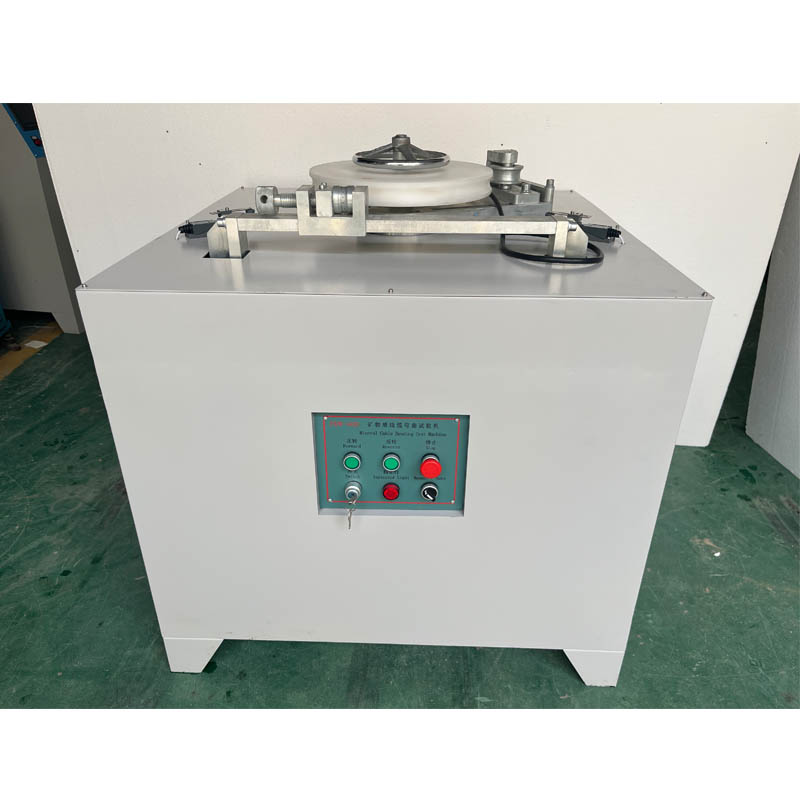tensile test machine
The tensile test machine, a fundamental device in materials testing, plays a crucial role in determining the mechanical properties of various materials, including metals, plastics, and composites. Understanding the tensile strength, elongation, and overall material behavior is vital for engineers and scientists when designing and selecting materials for various applications.
At the core of the tensile test is the measurement of how materials respond to uniaxial tension. The test typically involves the preparation of standardized specimens, which are then placed in the grip of the tensile testing machine. As the machine applies tensile forces, it carefully measures the force and corresponding elongation of the specimen at various stages of the test. This process continues until the material ultimately fractures, providing valuable data on its mechanical properties.
The tensile test machine is equipped with precise load cells to measure the applied force and extensometers to gauge the elongation of the specimen accurately
. The results obtained from these tests are represented in stress-strain curves, which graphically display how a material behaves under tensile loads. Key factors derived from these curves include the yield strength, ultimate tensile strength, and percentage elongation, which are essential for understanding material ductility and toughness.tensile test machine

Industries that rely heavily on tensile testing include aerospace, automotive, civil engineering, and manufacturing. These sectors demand materials that can withstand specific stresses without deforming or failing. For example, in the aerospace industry, lightweight yet strong materials are critical for ensuring safety and performance in flight. Similarly, the automotive industry requires materials that can absorb energy during collisions while maintaining structural integrity.
Modern tensile test machines are equipped with advanced features such as computer interfaces for real-time data analysis and storage. This enhancement allows for precise control over testing parameters and facilitates the generation of detailed reports. Moreover, many machines can be programmed to perform various other tests, including compression, fatigue, and impact tests, making them versatile tools in materials science.
In conclusion, the tensile test machine is an indispensable instrument in the evaluation of material properties. Its ability to provide insight into how materials respond to tensile forces aids in the selection and design of materials for a wide range of applications. As technology continues to advance, the capabilities of tensile testing machines are expected to expand, further enhancing their significance in research and industry.
-
Why the Conductor Resistance Constant Temperature Measurement Machine Redefines Precision
NewsJun.20,2025
-
Reliable Testing Starts Here: Why the High Insulation Resistance Measuring Instrument Is a Must-Have
NewsJun.20,2025
-
Flexible Cable Flexing Test Equipment: The Precision Standard for Cable Durability and Performance Testing
NewsJun.20,2025
-
Digital Measurement Projector: Precision Visualization for Modern Manufacturing
NewsJun.20,2025
-
Computer Control Electronic Tensile Tester: Precision and Power for the Modern Metal Industry
NewsJun.20,2025
-
Cable Spark Tester: Your Ultimate Insulation Assurance for Wire and Cable Testing
NewsJun.20,2025
 Copyright © 2025 Hebei Fangyuan Instrument & Equipment Co.,Ltd. All Rights Reserved. Sitemap | Privacy Policy
Copyright © 2025 Hebei Fangyuan Instrument & Equipment Co.,Ltd. All Rights Reserved. Sitemap | Privacy Policy
